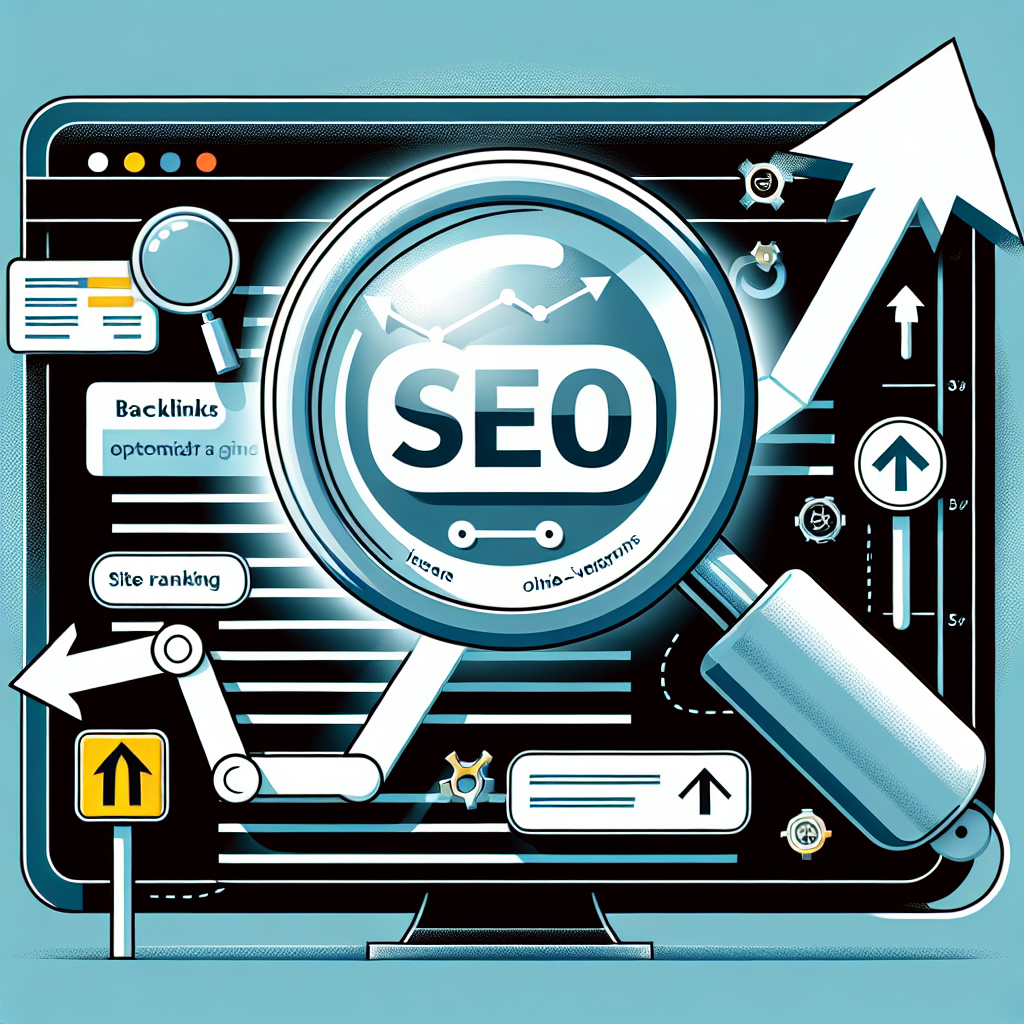As a blogger, understanding the basics of on-page and off-page SEO is crucial to ensuring your content is visible to your target audience. With Google being the most popular search engine, it’s important to optimize your blog posts in order to rank higher in search results.
On-Page SEO
On-page SEO refers to optimizing individual web pages in order to rank higher and earn more relevant traffic in search engines. This includes optimizing your content, meta tags, images, and URL structure. When it comes to on-page SEO, content is key. Make sure your blog posts are well-written, informative, and engaging for your readers. Use relevant keywords throughout your content, but be careful not to overdo it as this can be seen as spammy by Google.
In addition to content optimization, make sure you have relevant meta tags such as title tags and meta descriptions. These help search engines understand what your page is about and can improve click-through rates from search results. Lastly, optimize your images by using descriptive file names and alt text.
Off-Page SEO
Off-page SEO refers to activities outside of your website that impact your rankings within search engine results pages. This includes building backlinks from other reputable websites, social media marketing, and influencer partnerships. Backlinks are crucial for off-page SEO as they signal to Google that other websites find your content valuable.
Social media marketing can also impact off-page SEO by driving traffic back to your website and increasing brand awareness. By sharing your blog posts on social media platforms such as Facebook, Twitter, and LinkedIn, you can attract new readers and potentially earn more backlinks.
Understanding the Basics of On-Page vs Off-Page SEO
Both on-page and off-page SEO are important for improving your website’s visibility in search engine results pages. While on-page SEO focuses on optimizing individual web pages for targeted keywords, off-page SEO involves building relationships with other websites through link-building strategies.
By understanding the basics of on-page and off-page SEO, you can create a comprehensive strategy that will improve your website’s ranking in Google search results. Remember that quality content is key when it comes to both types of optimization – without valuable content, all of your efforts may go unnoticed by both readers and search engines.
Conclusion
In conclusion, understanding the basics of on-page and off-page SEO is essential for any blogger looking to increase their visibility online. By creating high-quality content that is optimized for relevant keywords and building relationships with other websites through link-building strategies, you can improve your chances of ranking higher in Google search results.

Leave a Reply